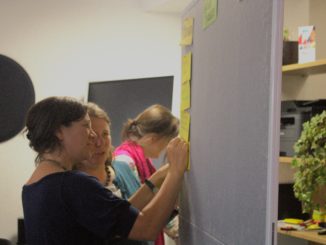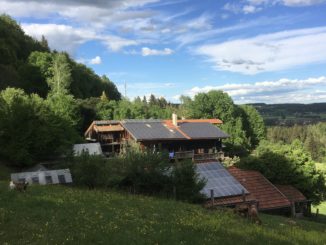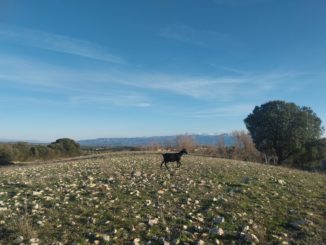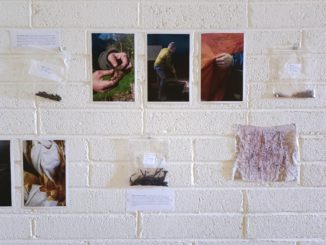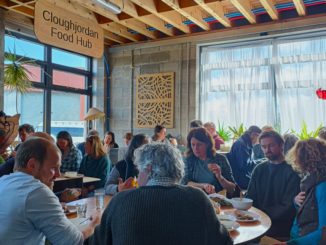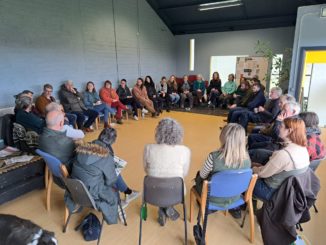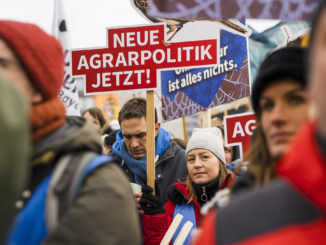Updates from EU Member States, including reports from ARC Web Correspondents

25 years of LEADER – What impacts?
The Austrian Local Action Group (LAG) Styrian Volcanic Land (Steirisches Vulkanland) wanted to know the impacts of its local development efforts over the last quarter-century. To find out, they entrusted a team from ÖAR consultancy, assisted by students from the University of Vienna, to conduct an impact study.* Here co-author Robert Lukesch gives an insight into the background, process and findings of this pioneering research. […]


